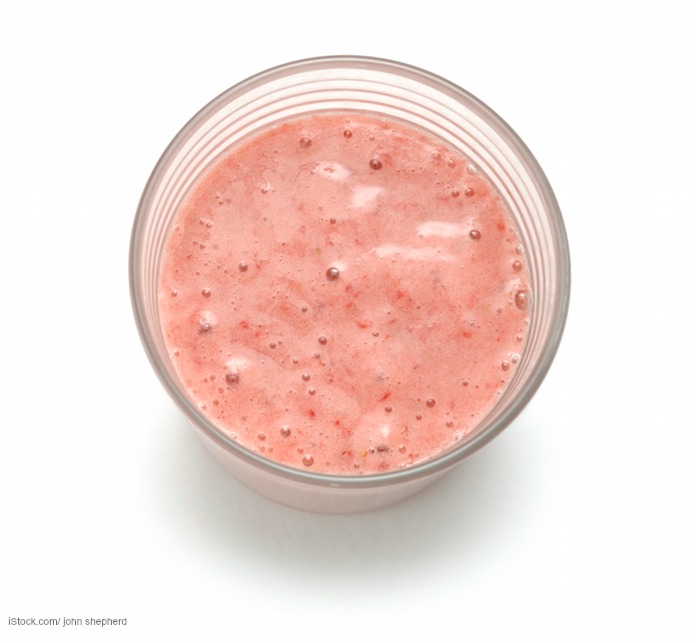The hepatitis A outbreak linked to frozen strawberries sold in Tropical Smoothie Cafe products has ended after sickening 143 people in nine states. Fifty-six people were hospitalized.
Epidemiologic and traceback evidence indicated that frozen strawberries imported from Egypt were the likely source of this outbreak. Almost all of the 143 people sickened reported that they drank smoothies containing strawberries at Tropical Smoothie Cafe locations in Maryland, North Carolina, Virginia, and West Virginia.
A small number of cases outside of that geographic area with no Tropical Smoothie Cafe exposure were also reported to the CDC. The frozen strawberries were sold at other locations, which may explain these cases.
The case count by state is: Arkansas (1), California (1), Maryland (12), New York (5), North Carolina (4), Oregon (1), Virginia (109), West Virginia (7), and Wisconsin (3). One hundred twenty-nine of those cases consumed a smoothie from Tropical Smoothie before they got sick.
The Investigation
The FDA conducted traceback investigations and found that the frozen strawberries served in the Tropical Smoothie Cafe locations were imported from the International Company for Agricultural Products & Processing (ICAPP), in Egypt. FDA inspectors found the hepatitis A virus in multiple samples of ICAPP frozen strawberries.
On October 30, 2016, ICAPP recalled all of the frozen strawberries imported into the U.S. since January 1, 2016. Those products were distributed for use in food service establishments, nursing homes, and schools nationwide. Five states posted lists of facilities that received the recalled product.
Lawsuits
If you were sickened in this outbreak, contact us for a free consultation regarding a possible lawsuit. Fifty-six people were hospitalized in this outbreak because their illnesses were so serious.
Some people can be sick from a hepatitis A infection for months. Those most at risk for serious complications from this illness include the elderly, the very young, people with liver disease, and those with compromised immune systems. Some of these patients can suffer liver failure and need transplants.
The symptoms of a hepatitis A infection include jaundice (yellow eyes and skin), fatigue, abdominal pain, dark urine, clay-colored stools, fever, nausea, weight loss, and loss of appetite. Possible compensation for your illness may include medical expenses, pain and suffering, and loss of income.

